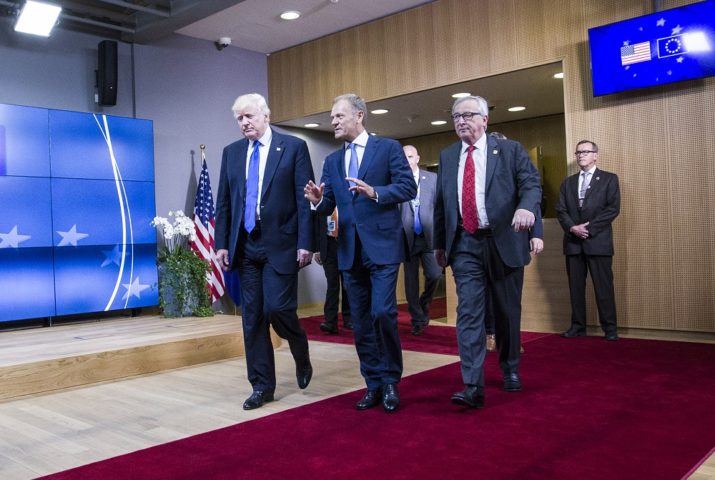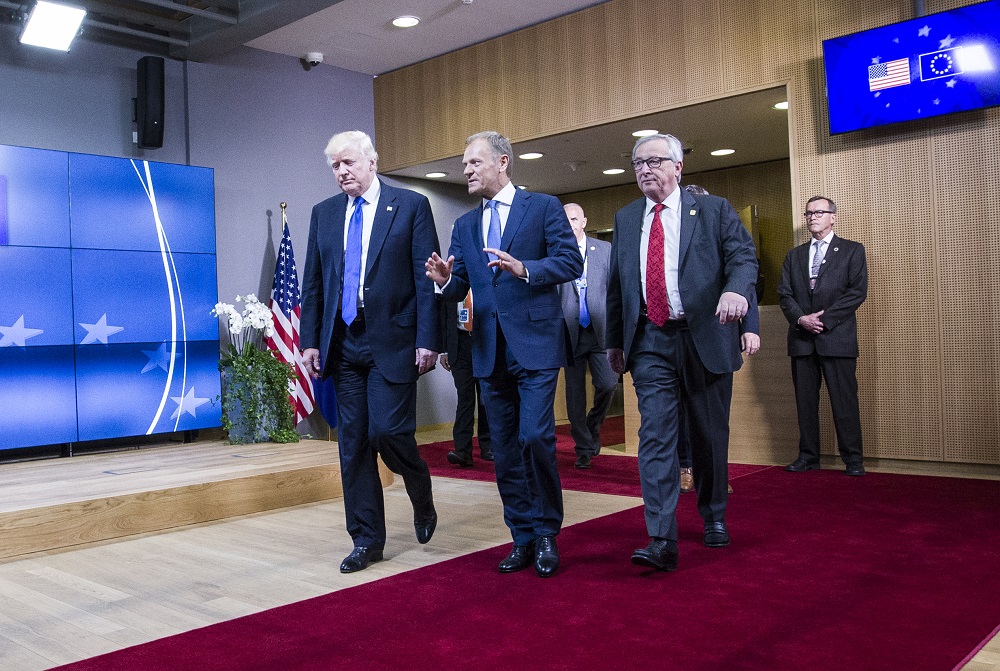

Democracy today seems to be in constant crisis. Democratic backsliding has occurred in countries from Venezuela to Poland, and autocratic leaders, including Hungary’s Viktor Orban, Turkey’s Recep Tayyip Erdogan, and Russia’s Vladimir Putin, proudly proclaim that the era of liberal democracy is over. Perhaps most worrying, even in the West where it has long been taken for granted, liberal democracy is under attack from populists, and, according to some scholars, it is no longer highly valued by many citizens.
In seeking to explain these troubling trends, most observers focus on the challenges currently facing democracy. They argue that globalization and rising automation have made life more insecure for the working and middle classes, privileged highly educated city dwellers over the less educated who live in rural areas, and made capitalism more of a zero-sum game. Alongside economic challenges, changing social norms and rising immigration — the percentage of foreign-born citizens is at an all-time high in many European countries and at levels last seen during the early 20th century in the United States — have left many citizens feeling uncomfortable and out of touch in their own neighborhoods.
Sheri Berman is a professor of political science at Barnard College, and the chair of the Council for European Studies. Her main interests are European politics and political history, democracy and democratization, globalization, and the history of the left. Her two books have examined the role played by social democracy in determining political outcomes in 20th-century Europe.
Read the Full Story on Foreign Policy
Published on February 1, 2018
Photo: EU-US Leaders’ Meeting | Flickr




